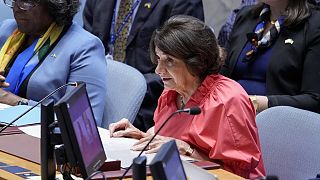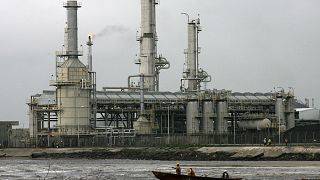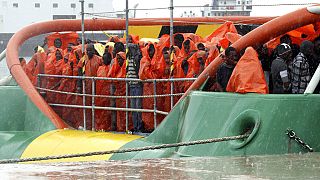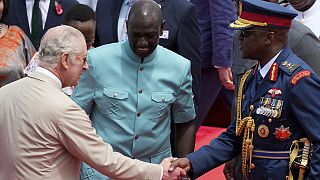Libya
The few remaining print newspapers in Libya are largely unable to publish print versions, as years of instability have taken a toll on the industry. This has forced hundreds of newspapers out of business.
Since 2014, newspapers have been unable to restart production due mainly to a lack of funding and resources.
“Previously, the Press Support Committee would provide support to the media, even private media. We used to print around 130 private newspapers a day but when the machine stopped working, we did not find the necessary support to fix it, purchase spare parts, import paper and zinc, because of course Libya is undoubtedly in a crisis. The political divide also plays a role in impacting the sector. With two governments, as you know, budgets are on hold for a lot of state institutions “ said Head of Libyan press support committee, Mahmoud Abuhasheima.
Libya has been hit by difficulties in its economic, political and security affairs, in the years following the popular uprising which deposed former leader Muammar Gaddafi and ended four decades of one-man rule.
As a result, close to 600 local private and state-owned newspapers were forced to shut down and only 15 of the newspapers that are still running can afford to print sporadic copies.
While a newspaper is sold for just half a Libyan dinar ($0.38), the cost of printing a single copy can reach 5 Libyan dinars ($3.7).
Some newspapers have moved offices to neighbouring Tunisia. The English language privately-owned ‘Libya Herald’ now operates out of the capital Tunis, publishing its daily digest only on the internet.
The editor-in-chief of ‘Libya’ newspaper, Emad Al-Allam, says lack of funding is the main obstacle facing newspapers but adds that there is also a level of state negligence.
Since 2014, Libya’s main printing press has shut down. The printing press’s capacity used to produce 45,000 copies a year, according to Mahmoud Abuhasheima, head of the Libyan Press Support Committee.
Its machines have turned yellow from accumulated dust, and the last newspaper copy is still jammed inside the machine with faded ink.
The editor-in-chief of ‘February’ newspaper, Alhady Al-Qarqouty, says the “sharp polarisation” in the country is another hurdle holding back the press.
He adds that the polarisation has curtailed press freedom and has made many journalists reluctant about continuing to work in the profession.
Libya descended into chaos after the overthrow and killing of Gaddafi, with two competing governments backed by militias scrambling for control of the oil-producing country.
Reuters












Go to video
Tunisian journalist sentenced to 6 months in prison for insulting an official
01:07
Mali's junta bans media from reporting on political activities
Go to video
Israel PM vows to shut down Al Jazeera
Go to video
EU plans to fast-track some financial aid to Egypt.
Go to video
Tunisian journalist accused of insulting a public official to face trial next month
Go to video
Stanis Bujakera: Congolese journalist convicted of spreading false information to be freed